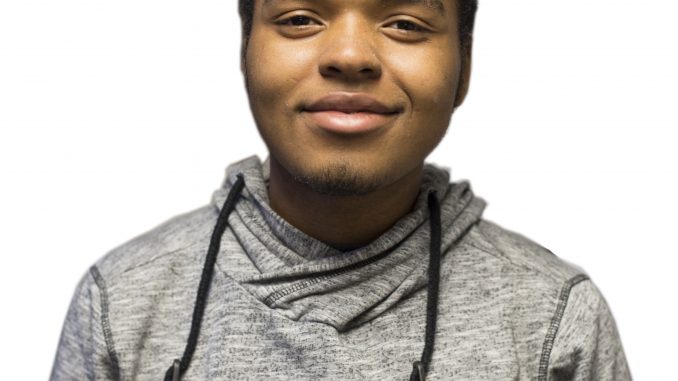
 Campus Safety Services is looking into a possible safety app to implement as early as Fall 2017.
Campus Safety Services is looking into a possible safety app to implement as early as Fall 2017.
Efforts like this are necessary to make students feel safe on Main Campus, especially when there is a heightened perception of crime at the university.
While the crime rate of offenses per 1,000 students at Temple is actually lower than at some other Philly schools, according to BillyPenn, the perception of crime is often aggrandized due to crime in neighborhoods surrounding the university.
“We’re trying to build a robust and diversified system to allow students to reach us,” said Charlie Leone, executive director of Campus Safety Services.
The app would include a texting feature so students would be able to text Temple Police in emergency situations and would also have a GPS-tracking system to monitor students as they walk home, ensuring they reach their destination safely.
While TUPD will retain its existing services, like the Walking Escort Program and the Bluelight emergency notification system, I think TUPD’s extension of security protocol to a smartphone app is a big step in the right direction.
“I like the app,” said Andrew Daughenbaugh, a freshman architecture major. “It makes [TUPD] more accessible. It can’t hurt to have it, and it’ll definitely be an improvement.”
A campus safety app would be a convenient alternative to the more conventional ways to contact TUPD, and its accessibility may be essential when students need to get in touch with emergency services while in difficult situations.
The texting feature specifically would allow students to reach out for help when they might not normally feel comfortable doing so, like during an active-shooter situation or when surrounded by peers.
“Students say that sometimes they may see something at a party, and they don’t want to be conspicuous and make a phone call,” Leone said.
Nathaniel Snyder, a freshman history major, agrees that this feature of the app could be “useful” to students.
“You could be discreet in a dangerous situation,” he said. “I think that that’s a really good feature.”
But Snyder is more skeptical of the GPS-tracking feature, which would serve as an alternative to the current in-person Walking Escort Program.
“You can’t really replace that with an app,” Snyder said. “One is a physical person.”
Toree Weaver, a sophomore journalism major, said she often use the current Walking Escort Program last year to get home after visiting friends who lived at The View. She doesn’t think the GPS-tracking feature will be as effective as current protocol.
“To use the app you’ve gotta look down and you can’t see what’s around you,” she said. “I need a person with me. No way I’m using the app.”
But the GPS-tracking feature would serve as an alternative for students who, unlike Weaver, do not feel comfortable using the current escort program. The app would afford peace of mind to these students who wouldn’t normally call a walking escort, allowing them easy contact with a TUPD dispatcher if needed.
It’s also important to remember that the GPS-tracking feature only supplements existing features.
“This is all about enhancement, not replacing anything,” Leone said.
The University of Pennsylvania and Drexel University, which have just slightly higher crime rates than Temple per 1,000 offenses, already utilize an app called Rave Guardian. This app is currently under consideration by TUPD as one of the possibilities for Temple to use.
“We always like seeing what’s good out there,” Leone said.
Ultimately, I hope whichever app TUPD chooses will prove useful as a tool for students to get in touch with officers, and that its implementation will foster further discussions about campus safety for the future.
Adrian Corbey can be reached at adrian.nathaniel.corbey@temple.edu.



Be the first to comment